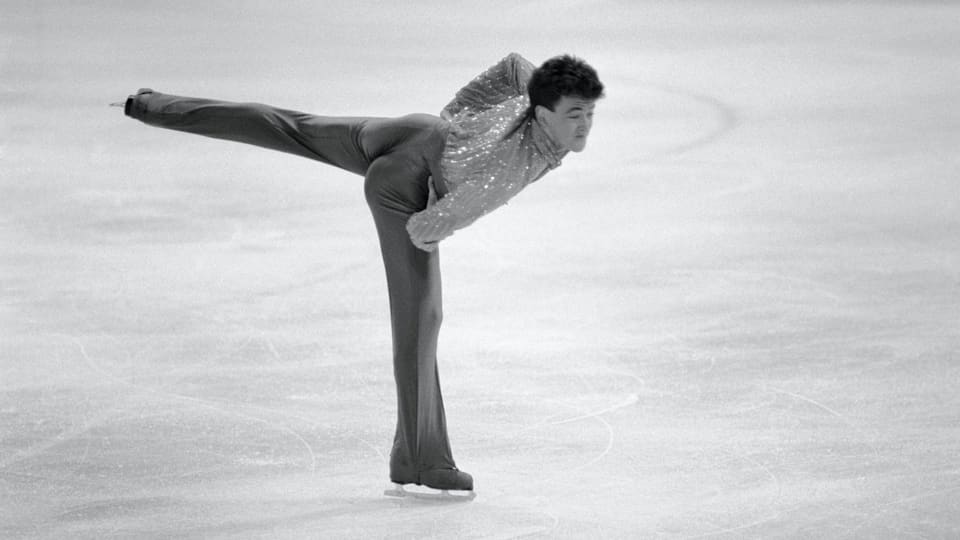
On one side there was Brian Orser of Canada. Pitted against him was the USA’s Brian Boitano. They were very well used to going head to head, having met in no fewer than 10 major competitions prior to Calgary. Orser had prevailed in seven of those contests, but Boitano's three victories meant nothing could be taken for granted, not least because the Canadian could rely on the enthusiastic support of the home crowd.
And he had another thing on his side: Orser had a reputation for struggling to produce his best form in the biggest tournaments, and had developed an unwelcome habit of finishing second.
Boitano made an ideal start, placing second in the compulsory skate, behind the USSR’s Aleksandr Fadeyev but ahead of the other Brian. In the short programme, Orser reversed the placings by just edging Boitano as the two rivals finished first and second. It was clear that the free programme, which carried half the overall points, was going to be decisive. Whoever won the free skate would, almost certainly, win the Olympic title.
Boitano was first onto the ice and served up an outstanding performance with just one, barely perceptible, error over the course of his programme. He was later to say that he felt as if he had been carried by angels.
Now all the pressure shifted to Orser. Having watched his rival produce such a scintillating display, could he match it? He was carrying the hopes of the host country and, halfway through, that pressure showed as he made a slight error, which was followed by another later in his routine. Other than those slips, it was a superb show of skating. It was now down to the judges.
It could barely have been closer. Four voted for Orser, three for Boitano and the other two decided it was a tie. But with higher technical scores, Boitano prevailed by a margin of five votes to four, giving him victory overall.
The American turned professional after Calgary, but returned to the Olympic arena at Lillehammer 1994, where he finished sixth. Orser also turned professional, and later became a coach.
